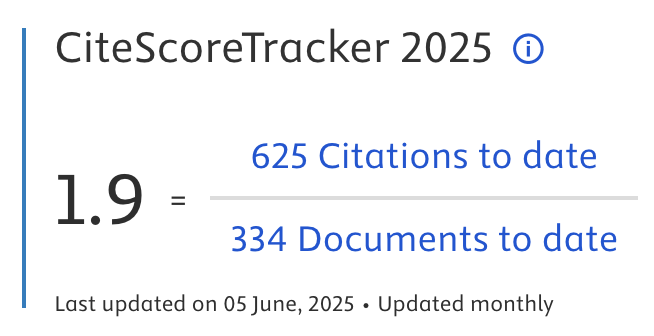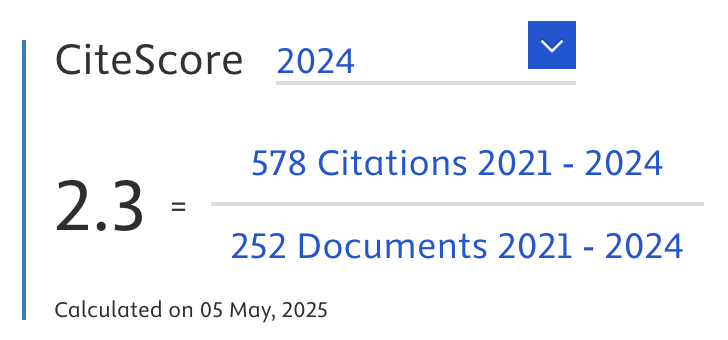HU Variance Moment Optimizes Keyframe Selection Based on Deep Learning for Violence Detection
Abstract
Violence in public spaces poses a serious threat to individuals and society. Manual monitoring and violence detection require much time and human resources, ultimately hindering detection accuracy and speed. Therefore, an automated method is needed to detect violence to ensure fast and efficient action. Along with technological advances, violence detection research has adopted various methods and models, including deep learning, such as convolutional neural networks (CNNs) and recurrent neural networks (RNNs). In this study, the classification process for detecting violence and non-violence uses the VGG19 model, one of the CNN models that has good performance with limited computing. In addition, the Long Short-Term Memory (LSTM) model is the best RNN model for processing temporal data in videos. However, this performance will decrease with noise and irrelevant data in the classification process. Therefore, to optimize deep learning performance, this study in the pre-processing phase selects keyframes in frame extraction using the Hu Variance Moment Technique. This method calculates each frame’s Hu and Variance Moment values and selects keyframes based on high Hu values. Next, we use Adaptive Moment Estimation (Adam) to optimize the gradient of the selected keyframes. This study produces a Hu19LSTM model tested on three datasets: hockey fight, crowd, and AIRTLab. The proposed Hu19LSTM model produces an accuracy of 97% on the Hockey Fight dataset, 97% on the Crowd dataset, and 95% on the AIRTLab dataset. These results indicate that the Hu19LSTM model can increase its accuracy on the hockey fight and Crowd dataset by 97%.
Article Metrics
Abstract: 96 Viewers PDF: 67 ViewersKeywords
Violence Detection; Hu Variance Moment Technique; VGG19; Long Short-Term Memory; Adaptive Moment Estimation
Full Text:
PDF
DOI:
https://doi.org/10.47738/jads.v6i2.648
Citation Analysis:
Refbacks
- There are currently no refbacks.

Journal of Applied Data Sciences
| ISSN | : | 2723-6471 (Online) |
| Collaborated with | : | Computer Science and Systems Information Technology, King Abdulaziz University, Kingdom of Saudi Arabia. |
| Publisher | : | Bright Publisher |
| Website | : | http://bright-journal.org/JADS |
| : | taqwa@amikompurwokerto.ac.id (principal contact) | |
| support@bright-journal.org (technical issues) |
 This work is licensed under a Creative Commons Attribution-ShareAlike 4.0
This work is licensed under a Creative Commons Attribution-ShareAlike 4.0





.png)